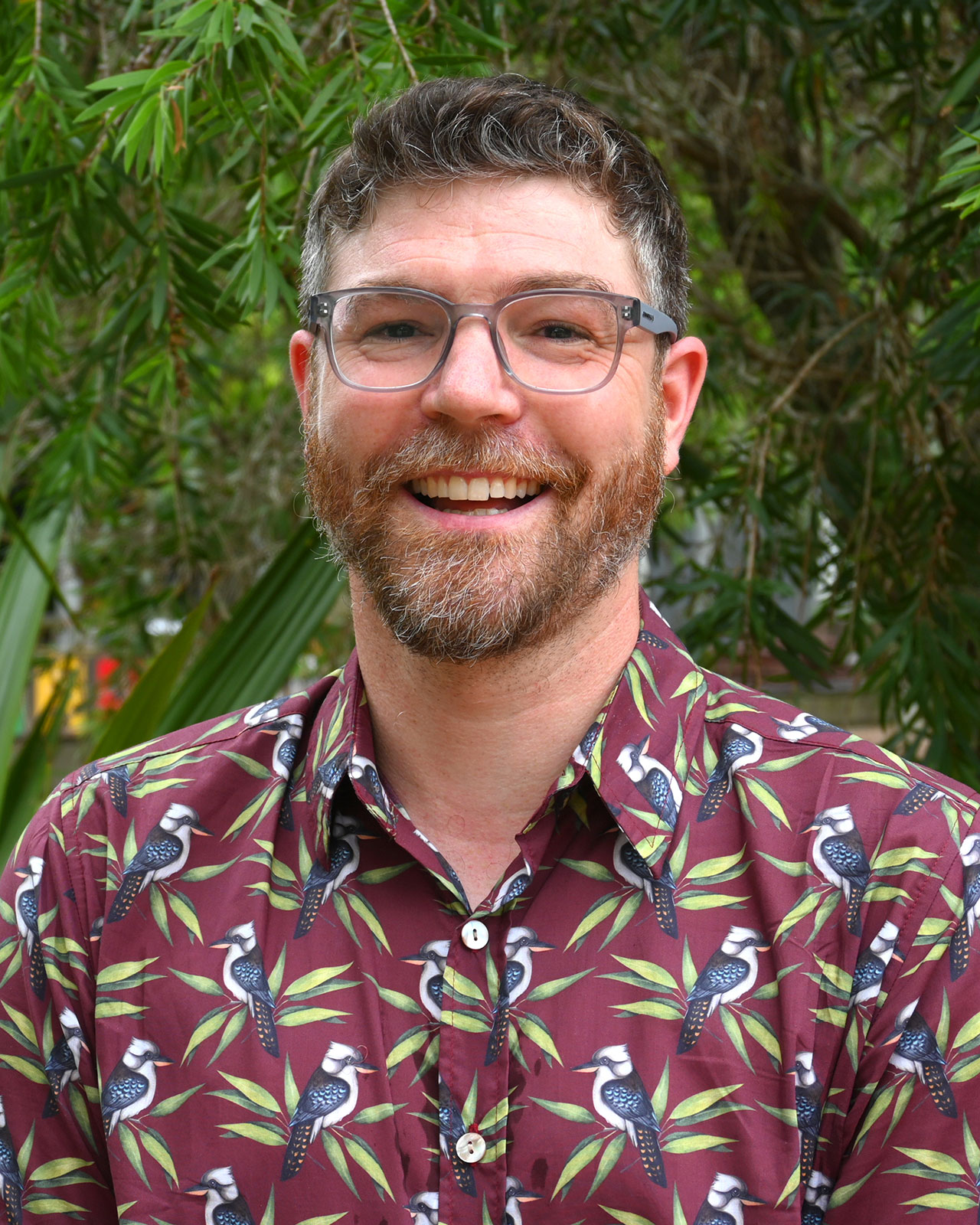Project Background
The United Nations Human Rights Council recently passed a resolution to eliminate harmful practices related to witchcraft accusation and ritual attack. Despite ongoing eradication attempts by the Papua New Guinea Government, sorcery accusation related violence remains prevalent. While diviners known as glasman/glasmeri are frequently reported to contribute to sorcery accusations in PNG, there is limited empirical research on the phenomenon. This project involves conducting a scoping review to assess the available literature concerning the involvement of diviners and traditional healers in witchcraft and sorcery accusations throughout the Pacific. We will also analyse a dataset collected by researchers from the Australian National University and the PNG National Research Institute to understand the role of glasman/glasmeri in sorcery accusation within PNG.
This project involves analyses of data from a four-year project investigating sorcery accusation related violence in Papua New Guinea lead by Associate Professor Miranda Forsyth of the Australian National University.
Duration: Approximately 1 day a week for 8 – 10 weeks (up to 75 hrs). There is flexibility with regards to these hours and we can discuss this with students and work with their schedules.
For further information, eligibility and how to apply, visit ACPIR Summer Research Scholarships.
Applications have closed for 2023-24.

Dr Barnaby Dixson
Lecturer, Psychology | School of Health

Primary supervisor: Dr Barnaby Dixson
Dr Barnaby Dixson is an ACPIR core researcher with over 15 years’ experience researching in Samoa, PNG, the Solomon Islands and Vanuatu. His research spans evolutionary theory, partner preferences and health.
Associate supervisor: Dr Georgia Kafer is an ACPIR core researcher. Her research spans physiology, fetal and reproductive health, and maternal health in Vanuatu.
HDR student: Eliza Kitchener is a student member of ACPIR. She is completing her PhD thesis on Women’s reproductive health and NCDs n in Vanuatu with Dr Kafer and Dr Dixson. Eliza would serve as the HDR mentor for the third-year student on this project.
External collaborators: Associate Professor Miranda Forsyth (ANU) and Dr Ibolya Losoncz (ANU).
For more information please contact Dr Barnaby Dixson bdixson@usc.edu.au
The student will gain skills in conducting a scoping review that is compliant with PRISMA guidelines. They will also develop skills in multivariate regression analyses.
The student will be asked to assist on the project by:
- Extracting and analysing data for a scoping review
- Choosing and applying statistical models
- Data analysis using JASP/SPSS
Key deliverables will include:
- Contribution to a scoping review as part of an academic team
- Completion of data analysis with Dr Dixson
- Contribution to two manuscripts involving academics from UniSC and ANU
Following successful completion of these tasks, the student will be eligible for authorship in any subsequent publication of these outputs.
This study requires the student to understand complex cultural worldviews and belief systems, and statistical modelling. Thus, successful completion of PSY300 Advanced Methods in Psychology and PSY302 Intercultural and Indigenous Psychologies (or equivalent) is desirable.
As this project involves the analysis of crime data, it would ideally suit a final year student enrolled in the Bachelor of Social Science (Psychology) or Bachelor of Criminology and Justice. Finally, the student should be prepared to work from the Moreton Bay Campus.
In addition to the general ACPIR-SRS selection criteria, personal attributes of collegiality, integrity, teamwork and reliability, attention to detail, critical thinking and initiative are required for this project.
Applicants are required to submit a resume, their grade point average score, and a brief statement outlining their interest in the project and how this fits with their career/research aspirations. Please note that applicants may be invited to take part in an interview as part of the selection process.
